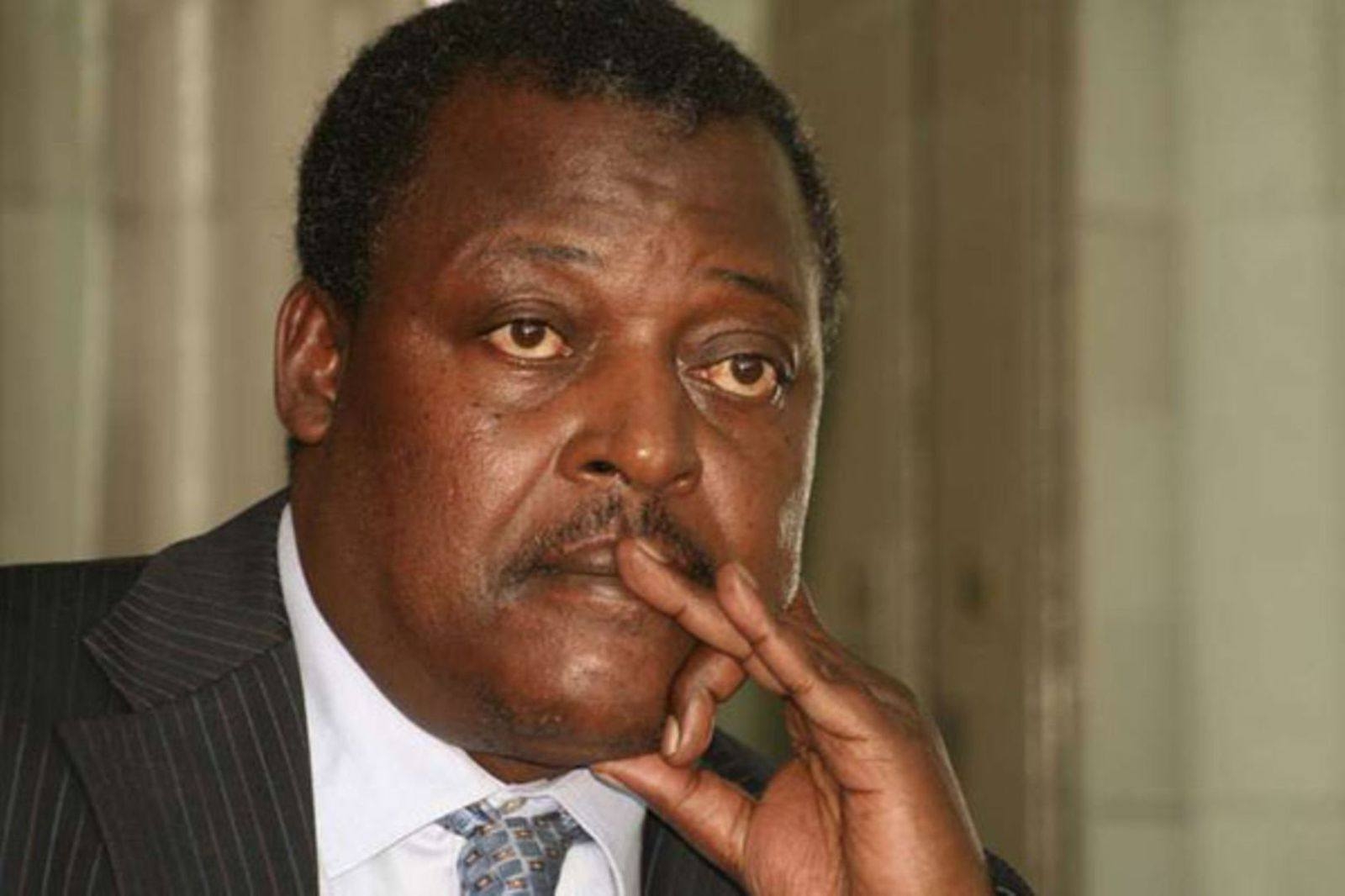The Kenya Water Institute is planning to get more women involved in the sector through capacity building.
It signed a deal on Monday with the German training organisation Bildungswerk der Bayerischen Wirtschaft.
Women in Water and Sanitation Association chairperson Dr Leunita Sumba said women are underrepresented in the sector.
“Women make up less than five per cent of managing directors in water utilities and water sector institutions in Kenya,” she said.
This is despite the fact that 69 per cent of those who collect drinking water are women aged 15 or older, according to the 2022 Kenya Demographic and Health Survey.
The project is titled ‘Promotion of Participation of Women in the Kenyan Water and Sanitation Sector (PwASS)’.
It seeks to solve Kenya's water workers’ challenges through skill enhancement, empowering women and engaging workforce.
Sumba said PWaSS will seize the opportunity to create a robust pipeline of well-trained workers ready to step up.
This includes taking up the mantle from retiring workers, thereby ensuring the preservation of invaluable industry knowledge.
“By investing in comprehensive training and innovation, 'PWaSS-Project Kenya' is committed to promoting responsible water management and environmental sustainability,” Sumba said.
“This initiative aligns perfectly with the broader goals of the Constitution, Kenya’s Vision 2030 and the Sustainable Development Goals.”
Barriers preventing women from making strides in the sector include knowledge gaps, intimidation and gender-based violence.
This includes sexual harassment, gender stereotyping, cultural barriers, lack of self-drive, lack of confidence, fear of making mistakes and family-related responsibilities.
Sumba said water projects that involve women’s full participation have been found to be more sustainable and effective compared to those that do not involve them.
“Gender-diverse companies outperform less diverse companies in terms of better financial performance, improved customer satisfaction, better governance and gender innovation,” she said.
The 2022 Kenya Demographic and Health Survey shows that 68 per cent of the population nationally has access to at least basic drinking water service.
Meanwhile, 91 per cent of the population has access in urban areas and 56 per cent in rural areas.
The county with the lowest percentage of the population with at least basic service for drinking water is Kitui (21 per cent), and the highest is Nairobi City (99 per cent).
Sixty-five per cent of the population has sufficient quantities of drinking water when needed.
More than half (54 per cent) do not have drinking water on the premises and must travel to collect it.
The survey shows 41 per cent of the population has at least basic sanitation service.
This number is slightly higher in urban areas (47 per cent) than in rural areas (38 per cent).
Two thirds (66 per cent) of the population is connected to a sewer system or safely disposes of excreta on-site or removes it for treatment off-site.
In Kenya, 51 per cent of the population has a basic hand-washing facility with soap and water on the premises.
Sumba said increasing women’s participation in water utilities benefits women, the community and the organisation.
She said her organisation supports women in Water, Sanitation and Hygiene (Wash) through capacity building an training, advocacy and research, networking and mentorship.
The Women in Water and Sanitation Association (Wiwas) is a women-led organisation that was founded to advocate and strengthen the capacity of women in Wash.
Wiwas was registered in July 2016 in Kenya and has 70 registered members, who include students, individuals, male champions and corporates.
Uniquely, men are included in the membership to be advocates.
Wiwas has a goal of ensuring that women are adequately equipped to make decisions that will impact positively on other women, girls and the vulnerable with key focus on some of the UN’s Sustainable Development Goals.
The UN’s 17 SDGs are aimed at eradicating poverty, ending hunger, enhancing gender equality and climate action. Wiwas focuses on SDG 5 and SDG 6.
SDG 5 has an ambition of achieving gender equality and empowering all women and girls, while SDG 6 is focused on Clean Water and Sanitation by 2030.
During the signing of deal, experts praised the move, saying it is poised to profoundly reshape Kenya’s water sector.
Under the one-year deal, a number of master trainers will have their capacity enhanced in Nairobi, Kisumu and Kitui.
Fifty per cent of master trainers must be women.
It is expected that the master trainers will replicate the capacity building exercise.











